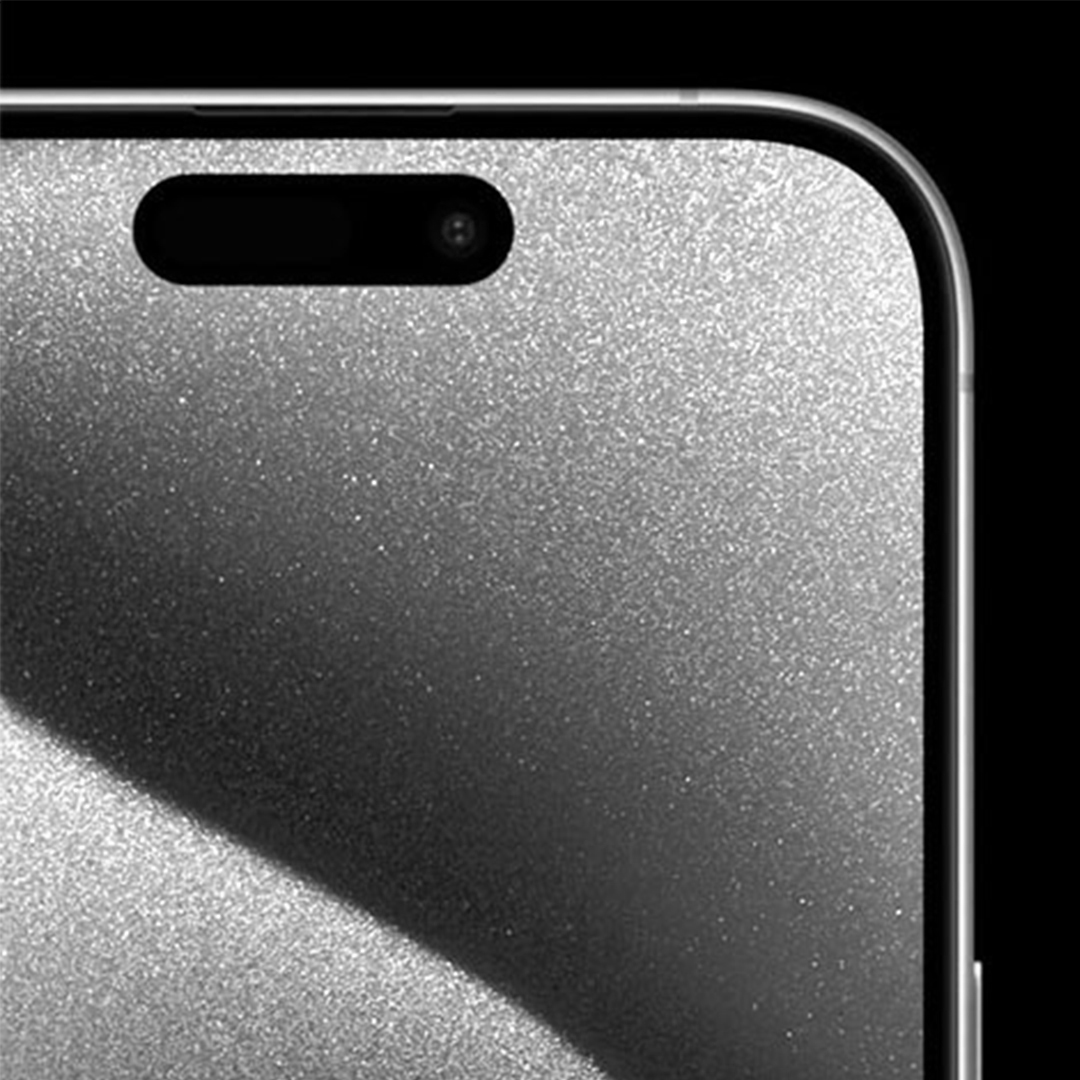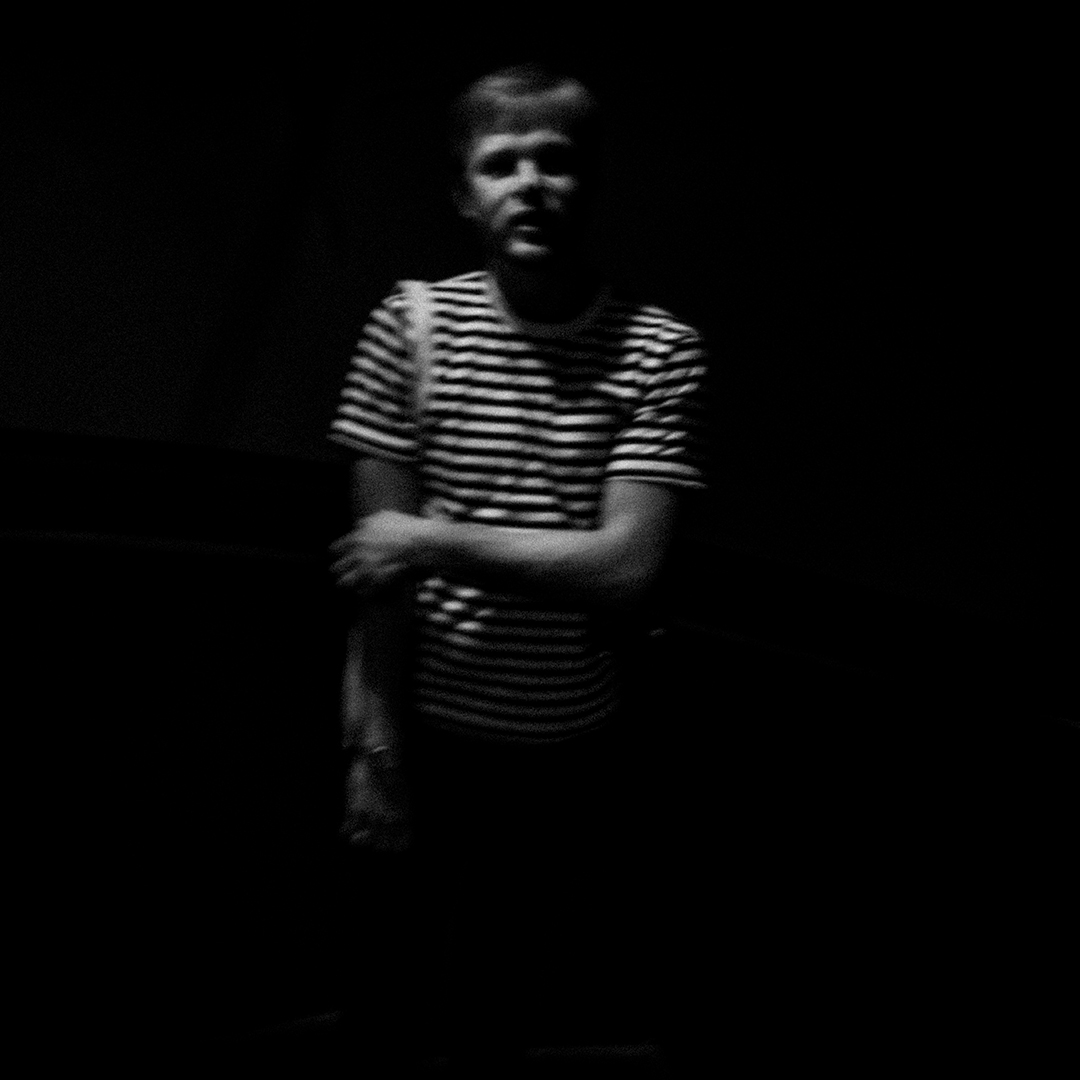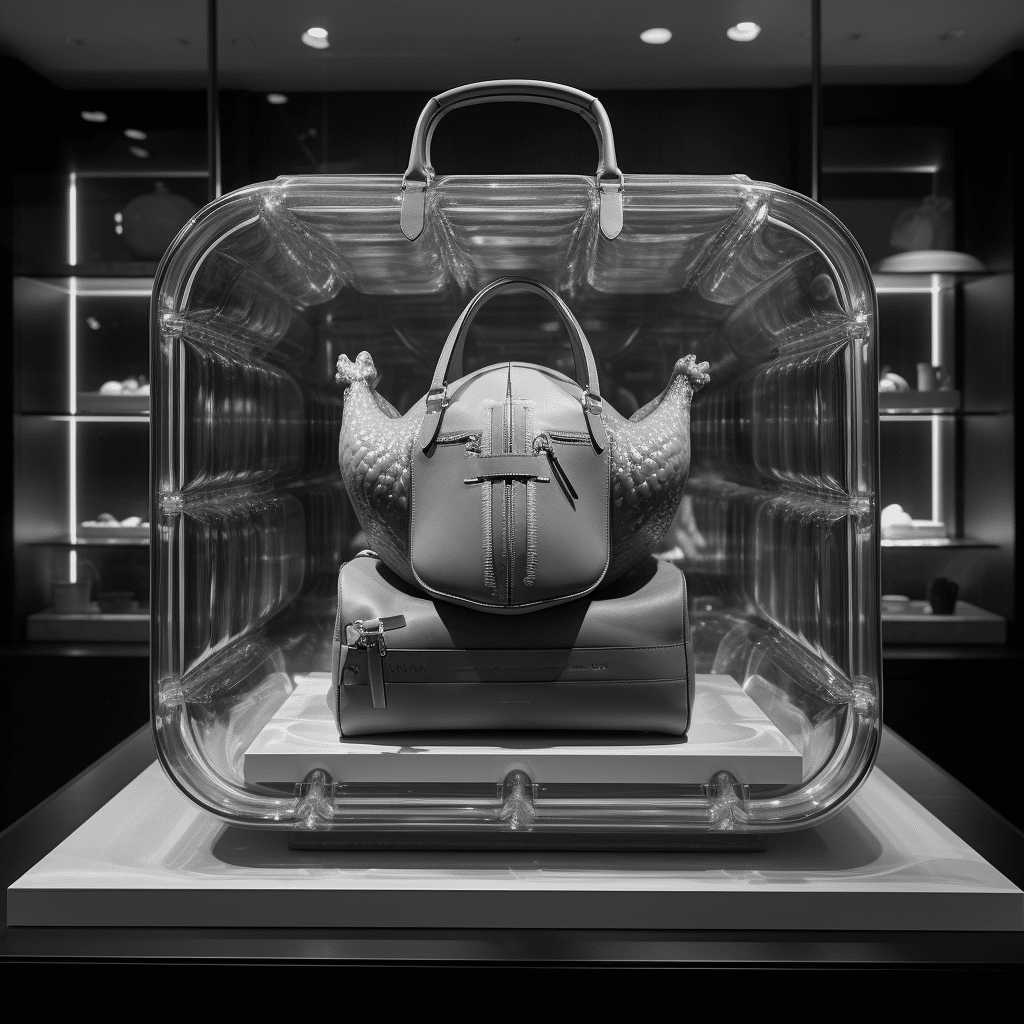INSIGHTS / BRAND & STRATEGY
FAKING IT
Uberbrand on 13/02/2018
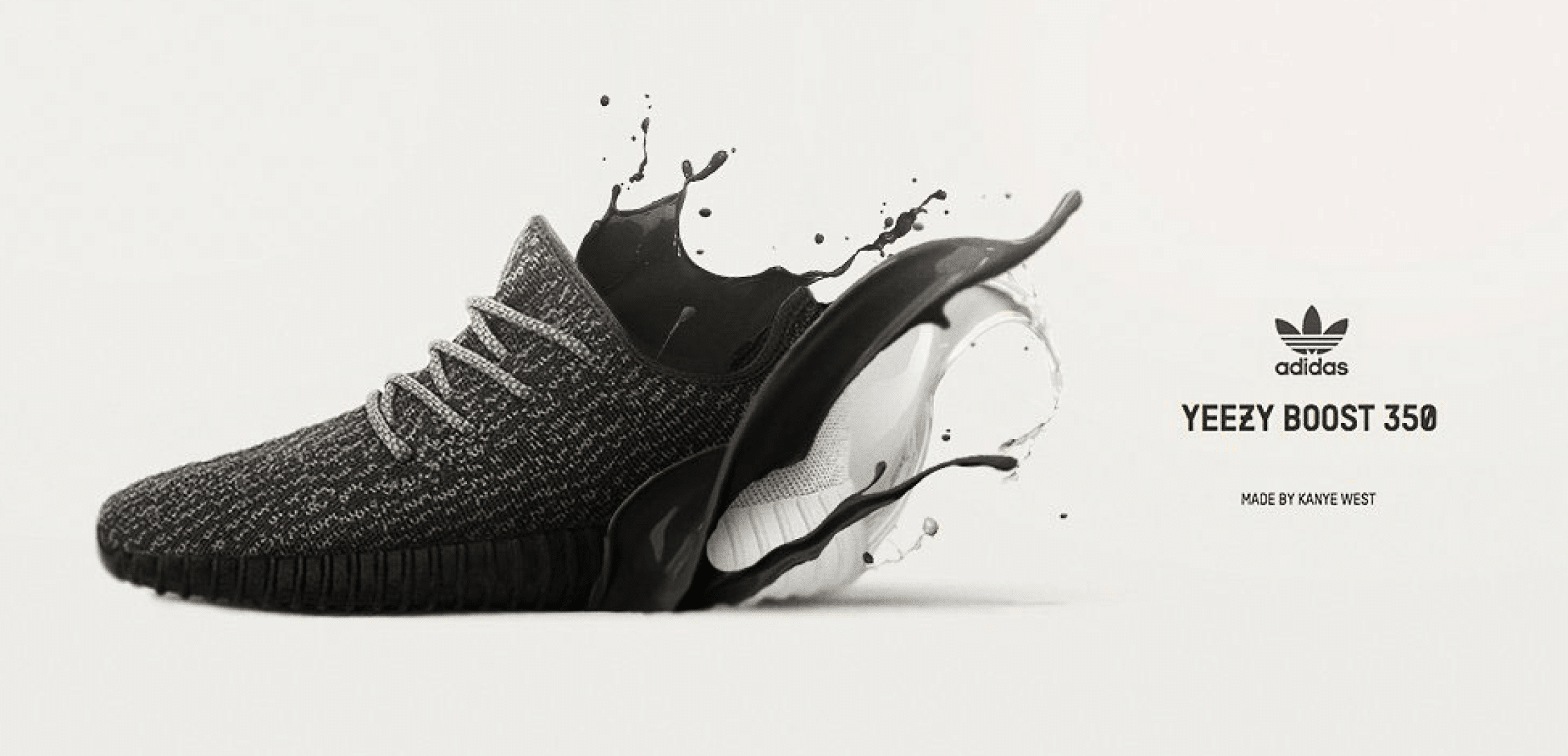
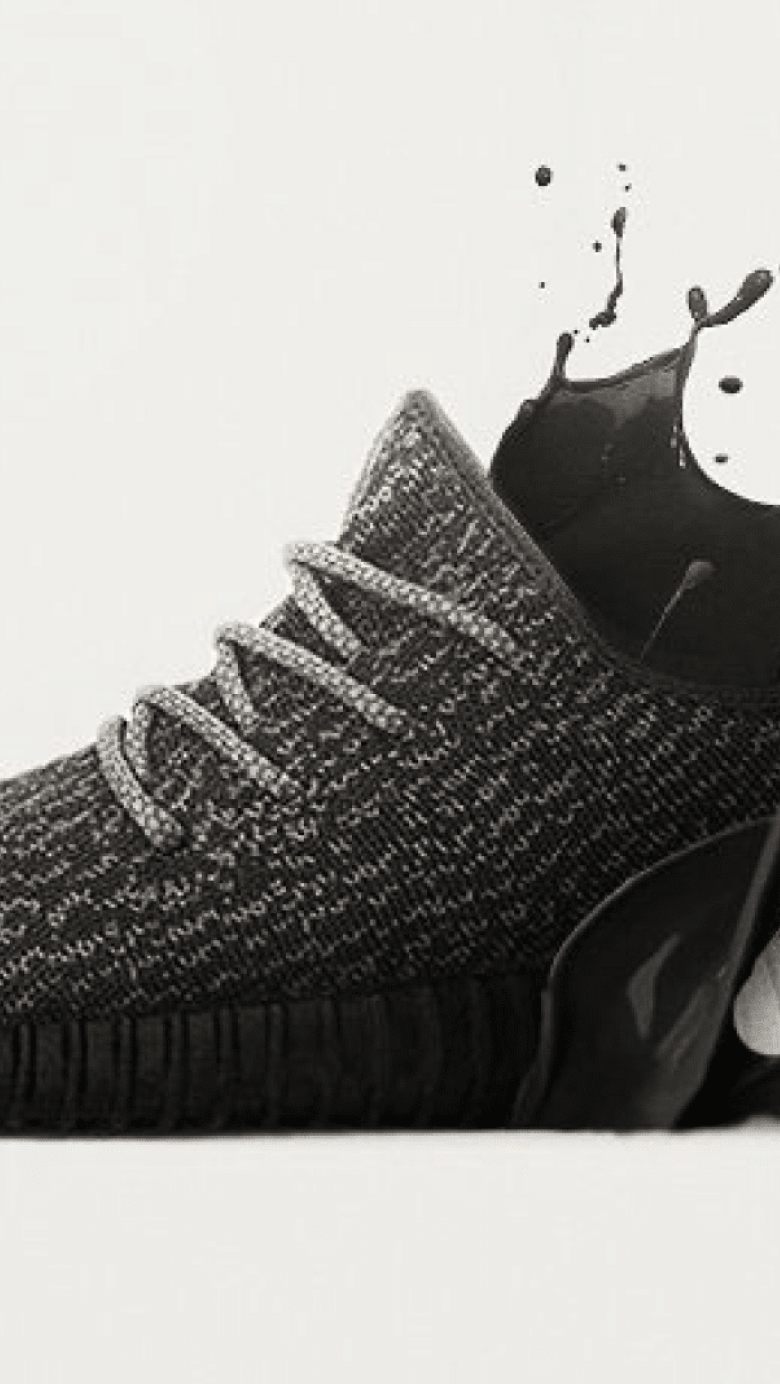
“uberbrand senior strategy manager, Emily Seay, ponders on the importance of brand experiences.”
Before I begin this post, I must confess to some behaviour that is generally frowned upon. This is the first time I’ve ever done anything like this before, and probably the last time – for the reasons I’ll explain below.
You see, on a recent trip to Vietnam I bought myself a pair of Yeezy Boosts. Not real ones though – a counterfeit pair.
Adidas Yeezy is the official collaboration sneakers between sports giant Adidas and rapper Kanye West. These shoes are a prized status symbol in the world of sneaker heads and fashion devotees. To make them more exclusive (and drive demand), Adidas only releases a limited number of Yeezys every season. The result is comparable to Hermes Birkin bags – outrageous price tags by resellers, a waitlist to get on the waitlist and lottery launch events where the odds that your name will get drawn is lower than you getting on The Hunger Games. But still, there are those out there who would fight tooth and nail to own a pair.
So here’s my experience:
I purchased my Yeezys from a sweaty Saigon market. Straight from one of the many piles of shoes on display. The price was determined by how well I haggled. Soon enough I walked away with them in a dirty plastic bag. It was only once I had taken them back to the hotel room that I realised how well they have been replicated.
And it got me thinking about customer experience and brands.
As I examined the quality of workmanship and attention to detail that had been taken to recreate my Yeezy Boosts. I wondered what it really is that separates a counterfeit from the original.
With Yeezy Boosts, along with many other luxury goods fueling the black market, brand managers are not only frustrated by the loss of profit but the fact that illegal manufacturers are eroding the brand they so carefully manage and invest in.
The truth is, the only noticeable difference between my shoes and original pair was the customer experience. Had I bought these shoes legitimately I would have been treated to the Adidas Yeezy brand experience. And therein lies the real difference.

Brand is perception; therefore, it can be best embodied through experiences.
Those small, intangible differences such as the feeling one has when opening beautiful packaging or the way customers are greeted in store really sets brands apart.
That’s why the counterfeit market really highlights the value of brand. A product, slogan or logo can be easily copied. However, it’s much harder to replicate brand essence, values and personality. Using experiences to deliver on these attributes could be a reason why people are still willing to pay top dollar and go out of their way to purchase authentic luxury brands.
Authenticity is important.
Why do people feel duped when a pop star lip syncs? And why do people take their own travel photos even though there are other, better photos of the exact same thing? Apparently, this need for authenticity develops early in childhood. A study once tried to convince children that a machine had reproduced their favourite toy discovered that most children refused to accept the duplicate. It turns out that the memory or pride or feeling that comes from having a genuine item is really important. It explains why wearing my pair of “Yeezys” does not feel as good as if I was wearing the real deal.
FIND OUT ABOUT THE IMPORTANCE OF BRAND MANAGEMENT
So, how do you create authenticity for products that are mass produced?
Brand experience is key. Creating them requires a real understanding of how you want your brand to be perceived. This lets you deliver the right emotional rewards to your customers. By carefully defining and articulating your brand you can create a blueprint for the activities and desired behaviours you’ll need to create a brand that is worth seeking out and paying extra money for.
Amazing brand experiences do not need to be reserved for luxury goods.
Brand experience can be created and managed to distinguish any product or service. This helps to protect it from competition and establish loyalty in your customer base. It’s important that this is managed consistently across all touch points so that everyone enjoys the same brand experience.
So, even if my Yeezys were the real deal, I’d still feel duped. Without the product being delivered through an incredible customer experience, I only feel like I’ve got a bargain pair of shoes. That’s the true POWER OF BRAND EXPERIENCE and is why, from now on, I’ll be sticking to authentic products.
Quick Links
Address
Level 7, Suite C,
140 William Street
Woolloomooloo NSW
2011 Australia
Contact
uberbrand ©2024




